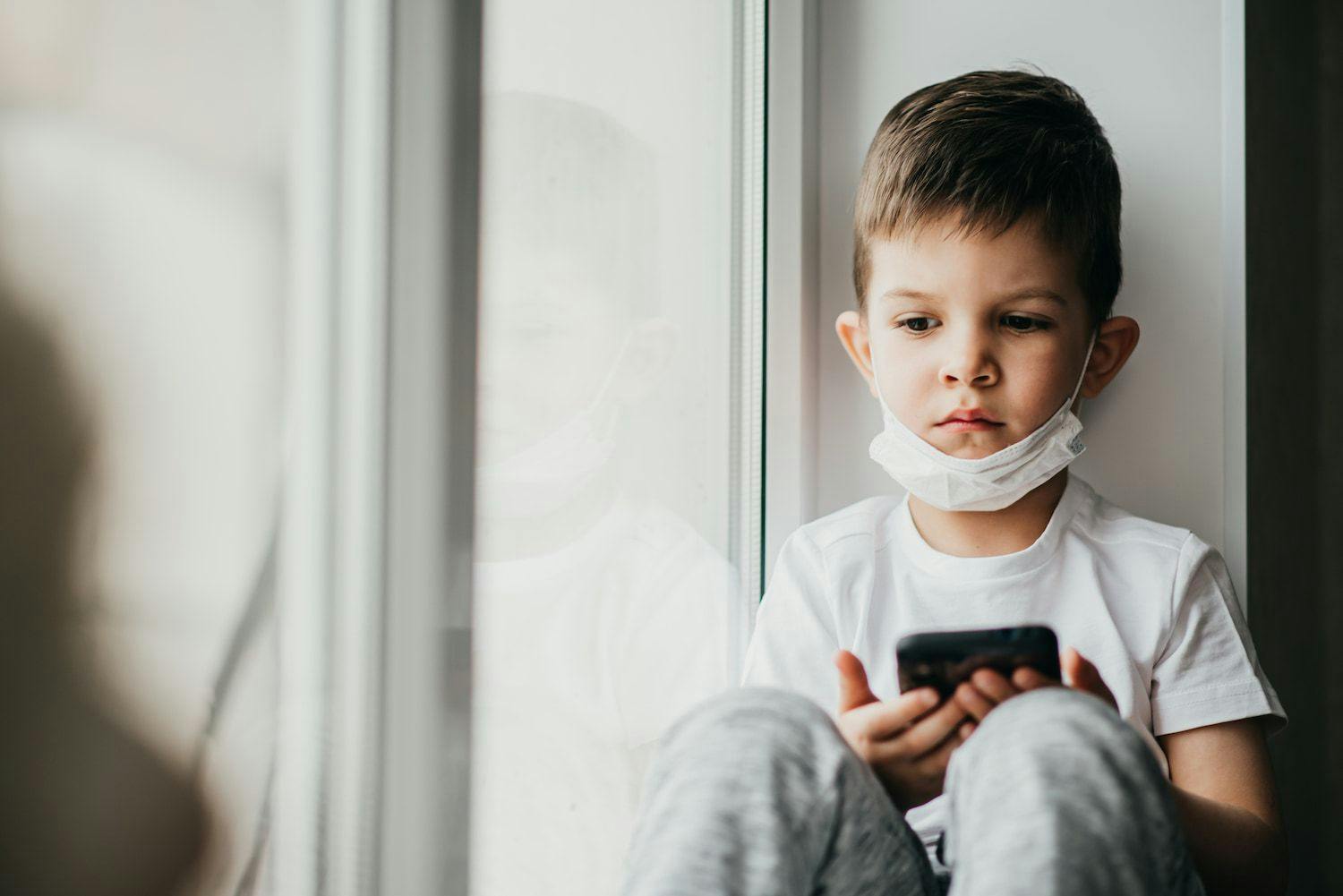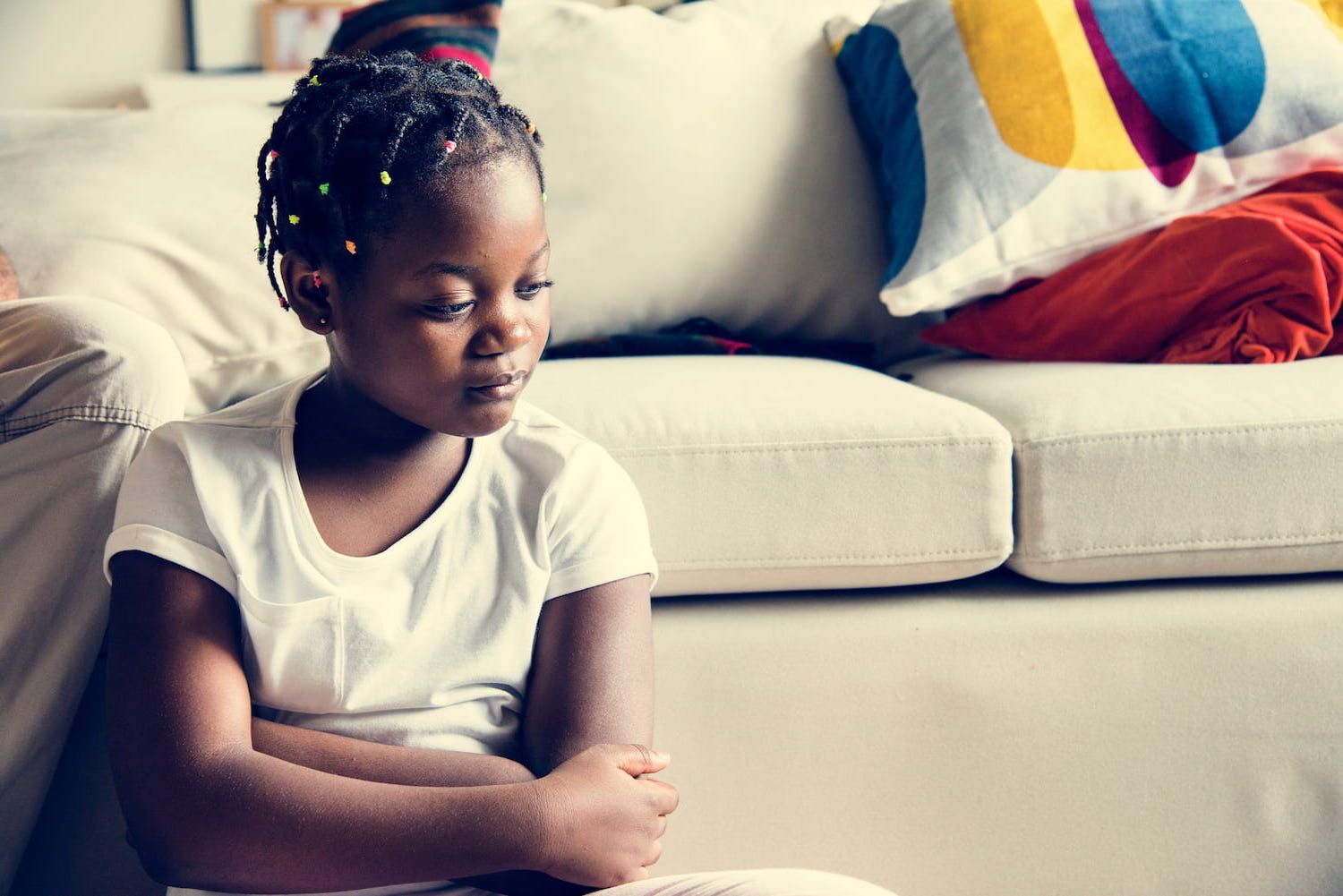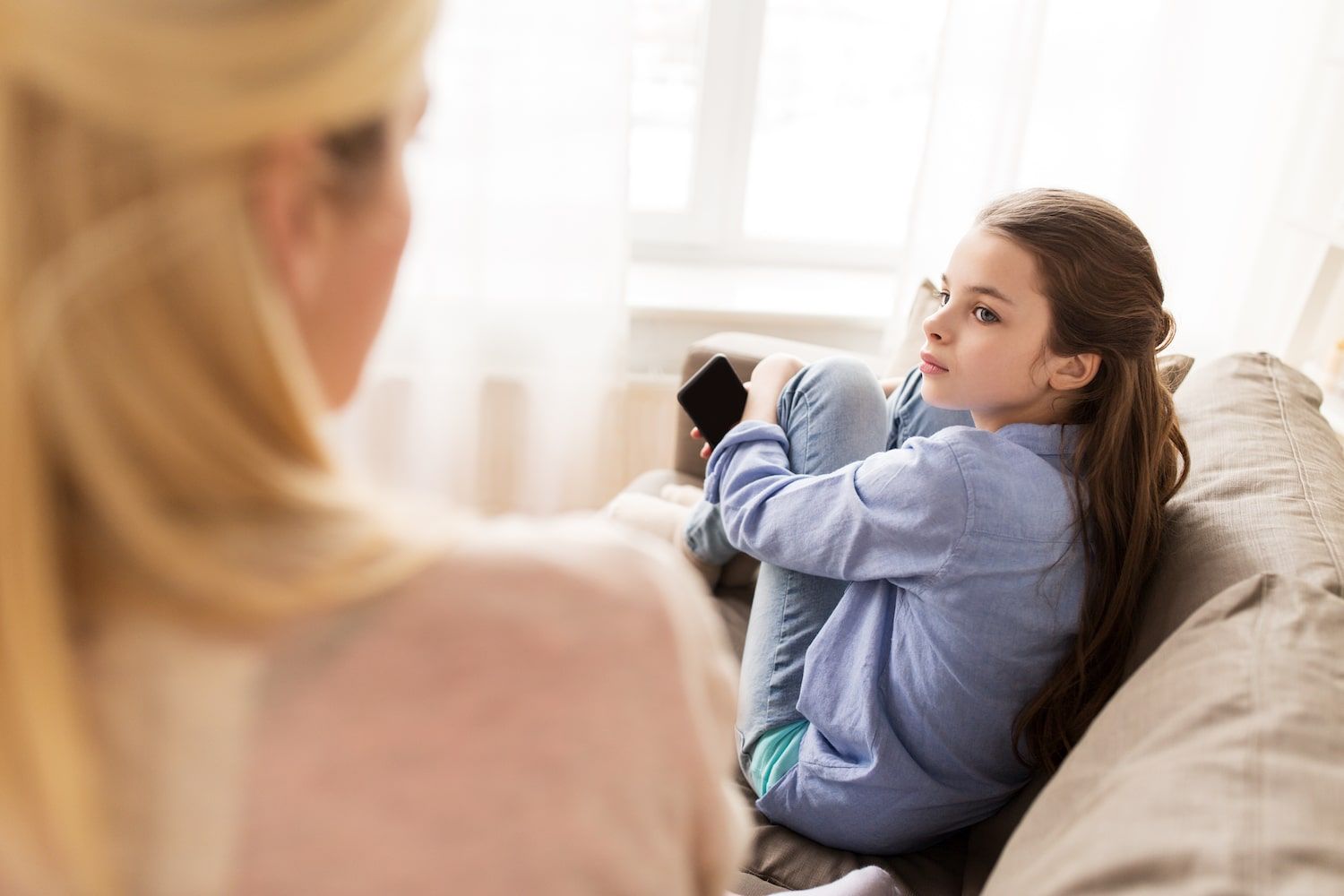Children and parents are struggling to cope in lockdown
updated on Aug 19, 2020

Many parents believe their child could benefit from professional help in the wake of the coronavirus lockdown, according to a new survey by Barnardo’s
The coronavirus pandemic has affected us all. Work, education, isolation, social distancing, and more - we've all had to adapt this year and, in many cases, it’s not been easy. But, there are now suggestions that it is the youngest and most vulnerable amongst us who have been impacted the most.
Leading children’s charity Barnardo’s anticipates that children and young people who were not previously vulnerable are now struggling because of the effects of COVID-19 and lockdown. It’s thought that many are slipping through the cracks as parents are, understandably, struggling to juggle life as we enter the ‘new normal’.
All the while children and young people are also less visible to support services as a result of social distancing measures. Out of school, feeling stuck at home or locked out of their usual support systems, it’s been harder than ever for children and young people to get the help they need. So, it’s feared that, over the last few months, vulnerable young people have become ‘hidden’ from these vital provisions.
Indeed, many young people have suffered in silence, struggling with mental health problems or abusive situations at home or online.
This concurs with recent findings from The Childhood Trust charity, who released a report in June highlighting the wider ways in which the pandemic has affected children. Mental health concerns were listed amongst a range of issues including loss of learning opportunities, emotional and physical abuse, and concerns over playtime and wellbeing.
Further to this, there are inequalities amongst Black, Asian and minority ethnic children, as BAME communities are more likely to care for ill or disabled family members and are also more likely to suffer bereavement, as the virus disproportionately affects people of colour.

What are the biggest challenges for parents in lockdown?
Parents and carers have been stretched further than ever, with many families having been hit hard financially, with additional homeschooling responsibilities or having to care for other family members who have been shielding. All of this has put additional strain on family relationships, and it’s taken its toll on physical and mental health.
According to a YouGov poll of more than 1,000 British parents on behalf of Barnardo’s, more than half (58%) of parents have found it difficult to cope with their children during lockdown at some point.
Almost a third (30%) report that their children are often frustrated, with more than a quarter (28%) saying they get angry more easily and more than one in five (21%) saying they are sleeping less since lockdown began in March.
What support is available?
According to the survey, the top things that parents thought would help their child cope better during the lockdown were:
- Spending time with a wider network of friends and family (42%)
- Having time to be outside in the fresh air away from the home (36%)
- Going back to school (33%)
However, a small but significant proportion of parents (7%) said they thought that speaking to a professional children's support worker could help their child to cope better.
Thankfully, this help is now available for children, young people and their parents and carers through a new initiative - the See, Hear, Respond Partnership. The scheme, which is funded by the Department for Education, was set up to support those who have become vulnerable throughout the coronavirus pandemic.

Barnardo’s Chief Executive, Javed Khan, said: “Being in lockdown has been a difficult challenge and a stressful time for many families, and both children and parents have had to quickly adapt to an extreme set of circumstances.
“It’s OK to be struggling at this time but there is support out there.”
“Our See, Hear, Respond service is there for any child or parent who is having difficulties because of coronavirus. We won’t judge or blame you and we’re here to give you the support you need for your family to thrive.”
How can See, Hear, Respond help?
Through the partnership, Barnardo's is leading a coalition of national charities including the Children's Society, Action for Children and more than 40 local charities across England. They hope to provide support to children who are experiencing harm and increased adversity during coronavirus and are not being supported by other agencies or professionals, like social workers.
The types of support available include online counselling, therapy and a variety of face-to-face support. The initiative hopes to engage children outside of the home in safe activities, giving space between children and parents and working with them to create a package to help support the child and family on their return to education. Therapeutic specialist workers can also help children to understand the impact of COVID-19 and manage any overwhelming feelings and anxiety.
The service is open to any child who you are concerned about. There is no threshold of need or harm that has to be reached to receive a service.
If you’re worried about a child or young person’s immediate health or wellbeing, it’s important to seek help by visiting your GP or local A&E department.
Or if you would like to make a referral to the See, Hear, Respond service visit the Barnardo’s website for more information.

